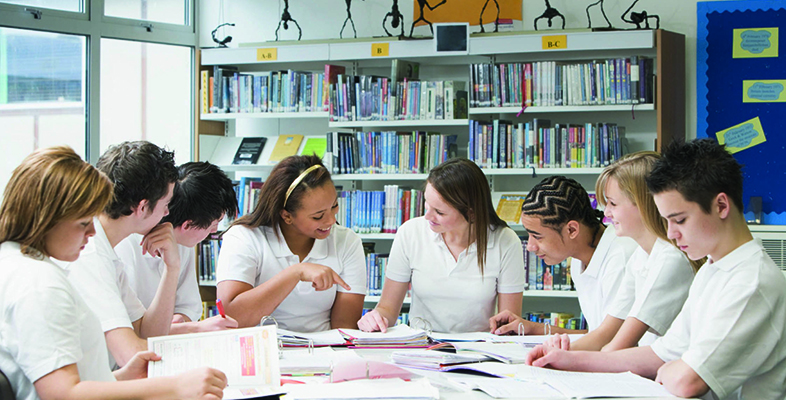3.1 Including students in the assessment process
Involving students in their language learning assessment supports their progress as they need to develop an understanding of what constitutes ‘success’.
You may have seen occasions where a teacher has involved the students in the assessment process by:
- sharing learning goals and assessment criteria with the students
- helping students know and recognise the standards they are aiming for
- involving students in self-assessment
- providing feedback that helps students recognise their next steps and how to take them
- reviewing and reflecting on assessment data with students.
Encouraging students to reflect on their own work and that of their peers is an important language learning strategy, because it builds higher-order thinking skills. In addition, being able to monitor your own progress against learning outcomes (i.e. to self-assess) is important in becoming an independent learner. Discovering for yourself how to move forward (i.e. to use self-assessment formatively) develops self-regulation and self-efficacy. An improved ability to self-assess is an outcome of engaging with criteria and giving feedback, which is required in peer assessment.
Peer assessment is an important tool in helping students to move towards using the target language independently as they develop the ability to self-assess effectively and use metacognitive skills to regulate their own learning. Metacognition is a process requiring knowledge about both cognition and how to control, monitor and regulate cognitive processes (Anderson and Krathwohl, 2001).
As students learn to become more self-regulatory and therefore independent in facilitating their own target language learning, they are able to monitor, direct and regulate their own actions towards their learning goals.
